Published since 2019 by the Fair Winds Foundation and Association of Foreign Relations, Taiwan Weekly provides in-depth report and analysis of the major issues facing Taiwan.

Chu Looks Forward to Passing the Baton: Who Will Take Over the KMT Leadership?
In a media interview, Chairman Eric Chu of the Kuomintang (KMT) stated that the schedule for the party chair election will remain unchanged, with the announcement in July, the election in September, and the handover in October. “I sincerely hope for a smooth transition,” he said. Chu also noted that the four outstanding mayors of directly governed municipalities within the party are exceptional talents and key figures in future leadership contests.
Details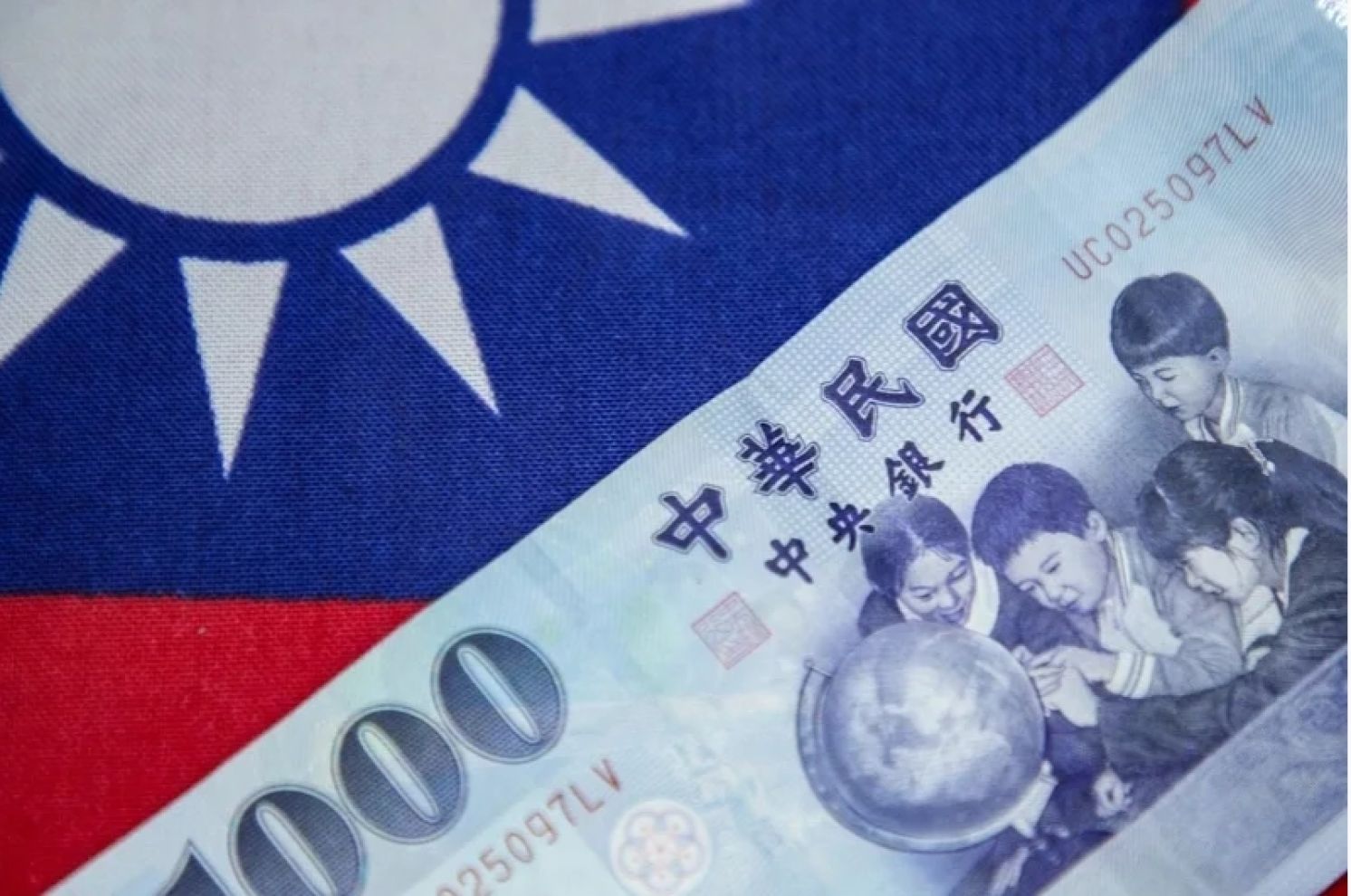
President Lai Promotes Sovereign Wealth Fund to "Make America Great Again"
On the first anniversary of his inauguration, President Lai Ching-te suddenly announced plans to establish a Taiwanese sovereign wealth fund—a national-level investment platform. While the idea of a sovereign wealth fund has circulated in Taiwan for years, President Lai’s directive now gives it a tangible start. However, the motivations and considerations behind his move are thought-provoking.
Details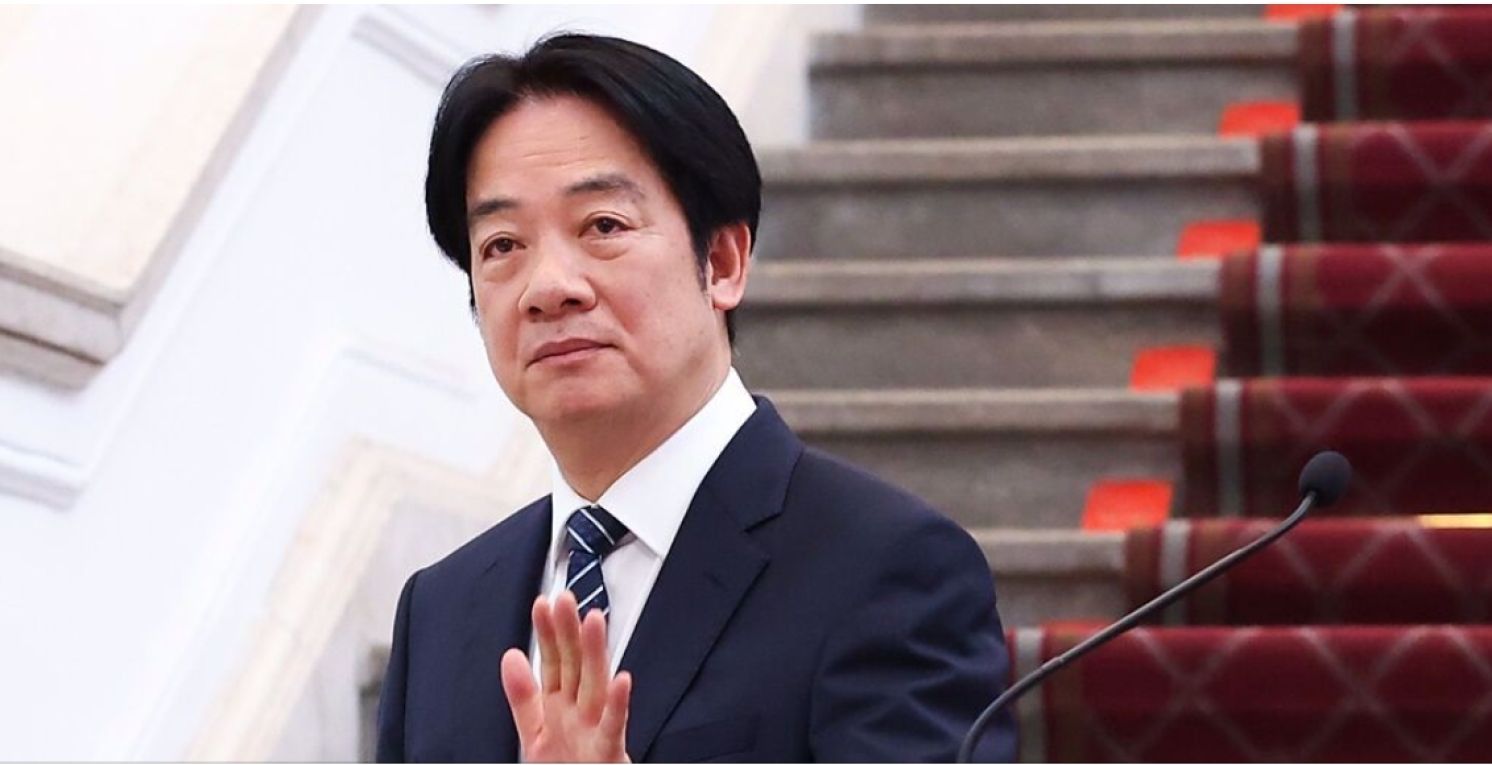
President Lai's First Anniversary Speech Did Not Mention Cross-Strait Relations
Cross-Strait relations have a profound impact on the development of the Republic of China (Taiwan). No national leader should omit such a significant issue from a vital address. As the saying goes, "There's a reason behind everything," and this omission deserves careful scrutiny.
Details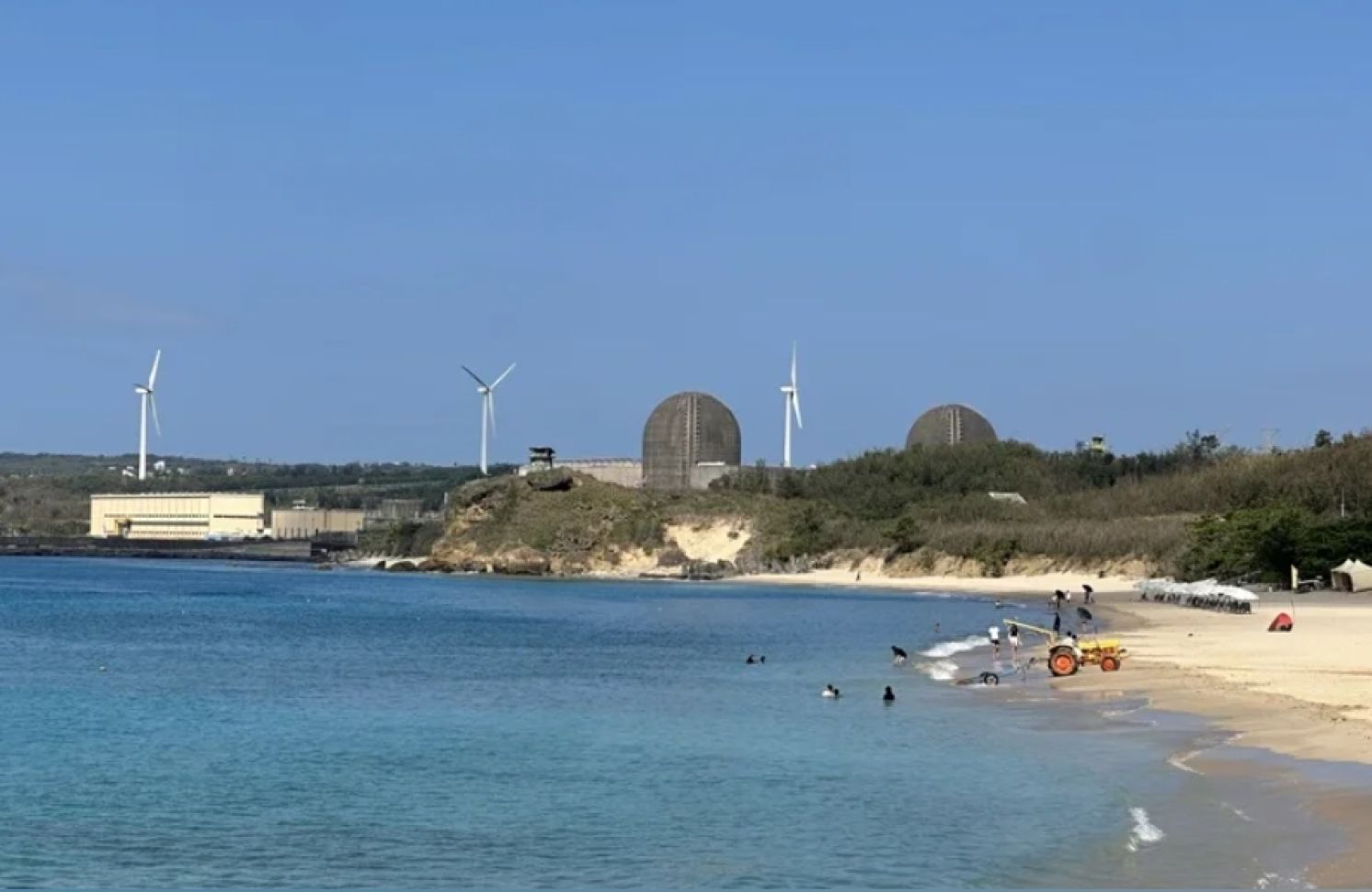
With 92% Thermal Power, Nuclear-Free Policy Has Turned Taiwan into Pollution-Plagued Island
Following the decommissioning of the No. 2 reactor at the Third Nuclear Power Plant, the country has formally entered a new era of the “nuclear-free homeland” policy. While politically symbolic, this shift has also exposed deep concerns about Taiwan’s energy reality: increased pressure on fossil fuel plants, worsening air pollution, rising electricity prices, and heightened risks for industrial electricity usage. The nation’s energy transition now faces a severe challenge.
Details
President Lai's First Anniversary: Approval Ratings Plummet
President Lai Ching-te will mark his first anniversary in office on May 20. According to the latest poll released by the TVBS Poll Center on May 15, only 32 percent of respondents are satisfied with President Lai’s performance over the past year, while 55 percent are dissatisfied, and 13 percent expressed no opinion. Meanwhile, 38 percent of the public said they trust President Lai, compared to 55 percent who do not. Confidence in his future governance has also declined, with only 38 percent expressing confidence—a record low—while those lacking confidence rose to 57 percent, the highest to date.
Details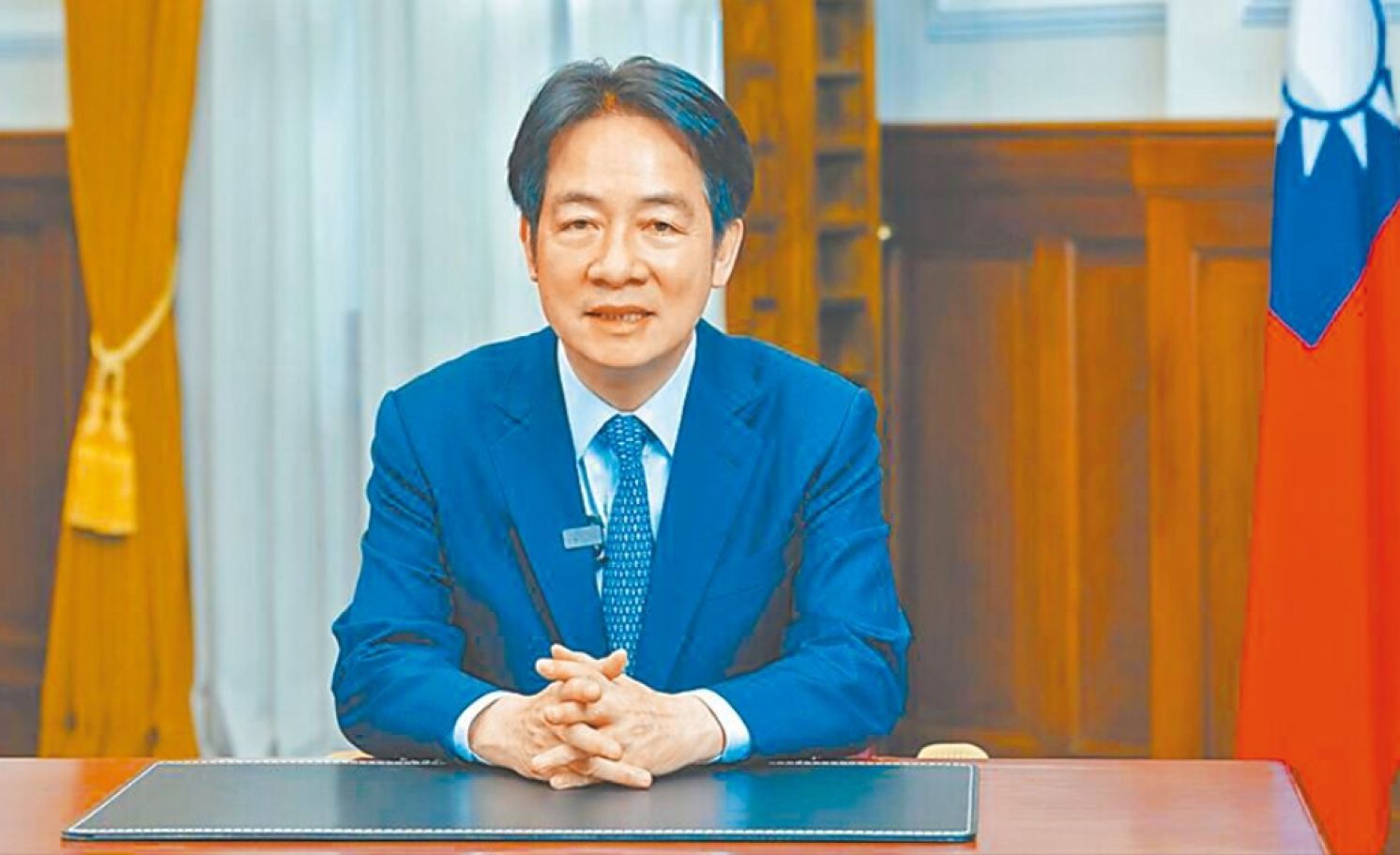
President Lai's Domestic and Foreign Media Interviews Contradictory
As President Lai Ching-te approaches his first anniversary in office, he has recently given a series of interviews to both domestic and international media to outline his key policies on economic affairs, diplomacy, and cross-strait relations. These interviews—including one published by Wealth magazine on May 7 and another by Nikkei on May 13—clearly aim to review his administration’s performance over the past year and set the tone for future policy direction. Paradoxically, however, President Lai's statements on Taiwan’s economic and industrial strategies differ significantly between the two interviews.
Details
Trump's Mention of "Unification and Peace" Not to be Taken lightly
After the U.S.-China talks in Geneva concluded, former President Donald Trump stated at a White House press conference that the discussions went smoothly, were mutually beneficial, and were "very conducive to unification and peace." The Democratic Progressive Party (DPP) administration seems to have been overly dismissive of this, relying on a rigid "assume the worst of the adversary" mindset—one that excludes many potential variables. It would be better to reassess the event itself and adopt a broader and more flexible approach in analyzing potential threats.
Details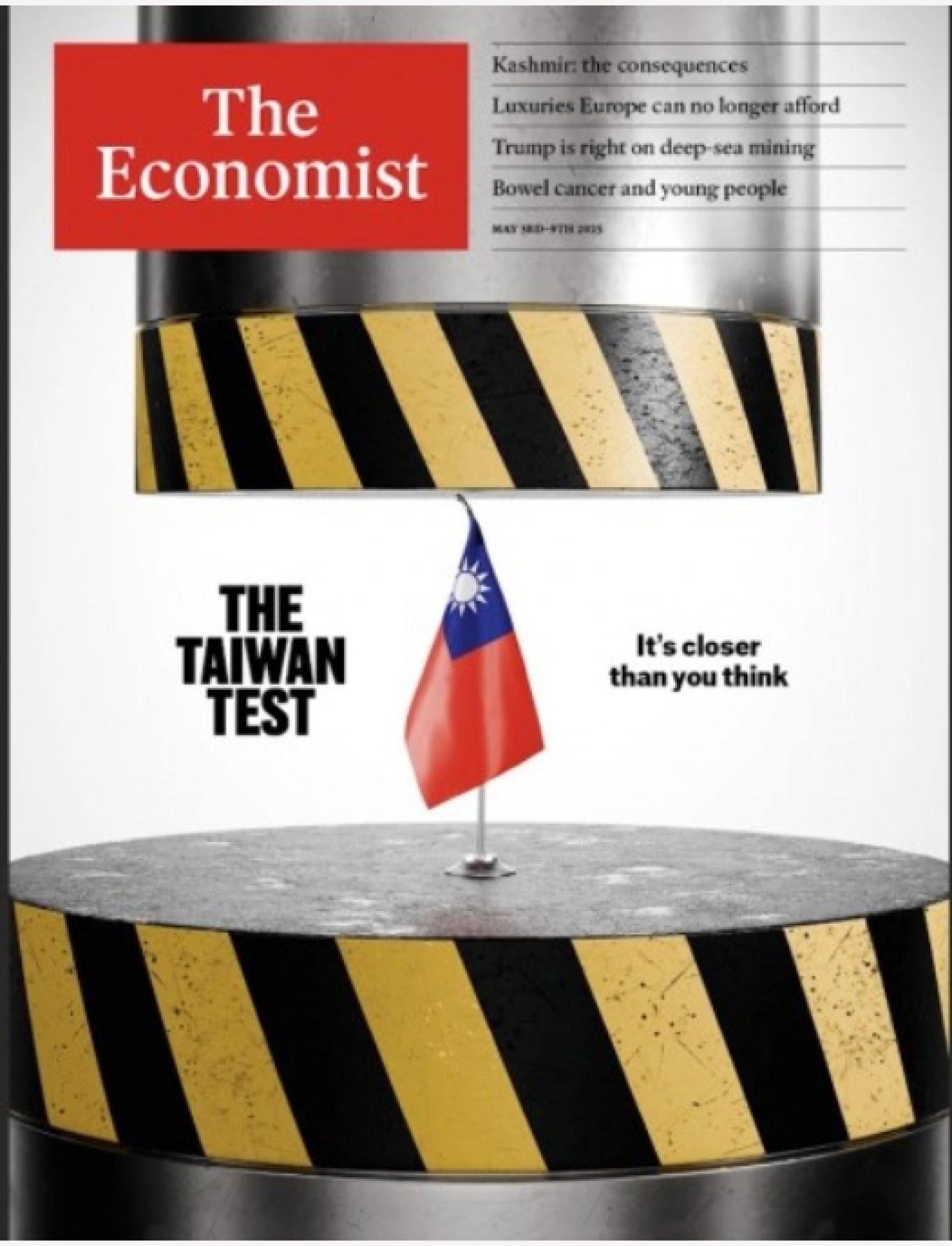
Why the Economist's Report Unsettles the DPP
Taiwan once again landed on the cover of The Economist, with the latest feature story highlighting the island’s dilemma caught between the U.S. and China. While it's true that Taiwan’s politics are highly polarized, The Economist’s claim that such division is hindering President Lai’s government from increasing defense spending, reducing dependence on imported energy, and preparing for crises echoes the Democratic Progressive Party’s (DPP) long-running narrative warfare—and even misrepresents facts.
Details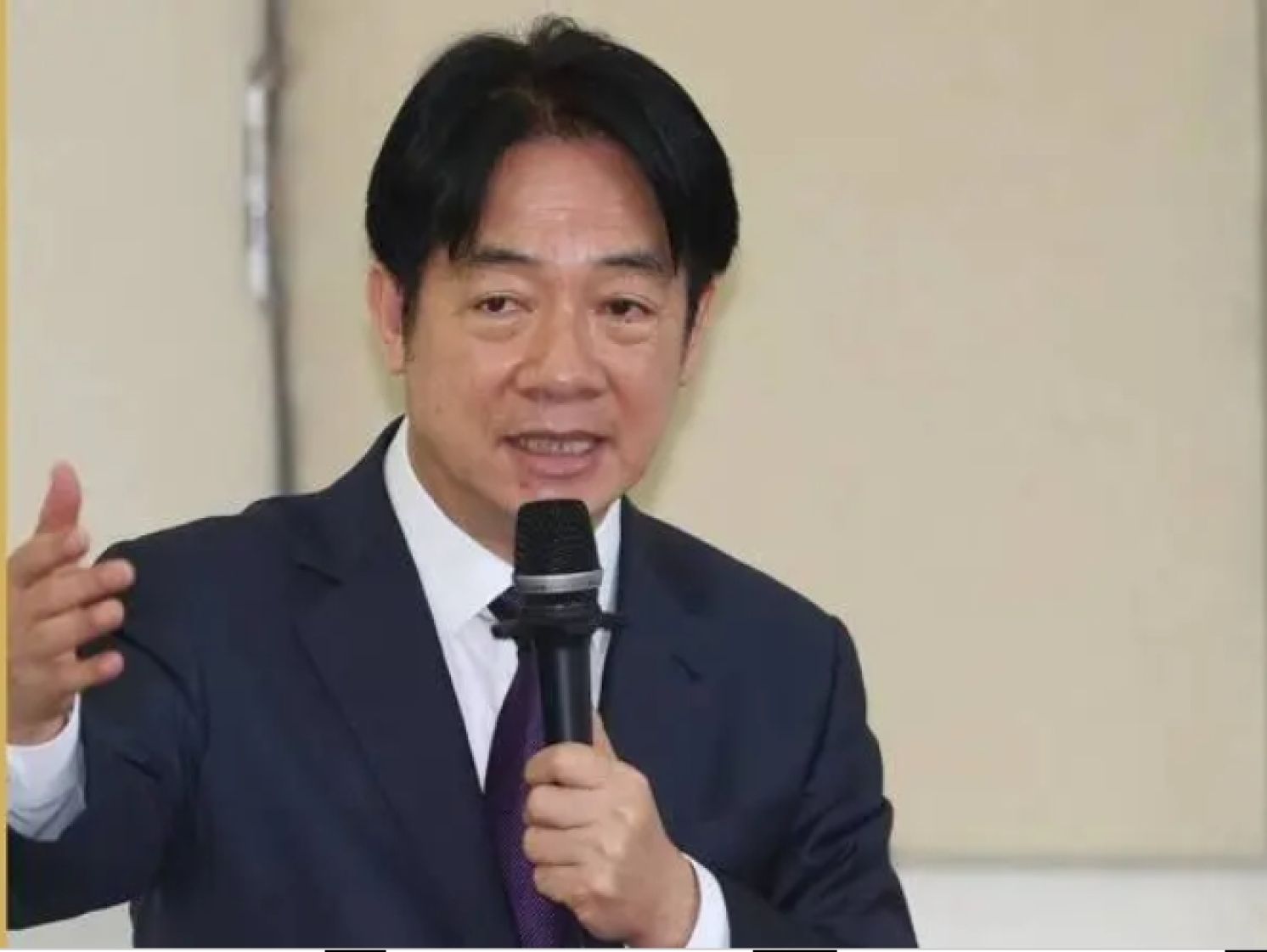
President Lai Commemorates Victory in Europe, Makes No Mention of R.O.C. Resistance Against Japanese Aggression
According to Reuters, President Lai Ching-te held a commemorative event in honor of Victory in Europe Day (VE Day) at the Taipei Guest House, where he hosted foreign dignitaries and delivered a speech declaring that "aggressors will always be defeated." This marks the first time Taiwan has commemorated VE Day—a novel move. However, the timing and content of the event raise eyebrows. At the end of WWII in Europe, fierce battles in Asia were still ongoing, with Taiwanese still fighting as "Japanese soldiers" in the South Pacific. President Lai is commemorating the end of the wrong war in the wrong region at the wrong time.
Details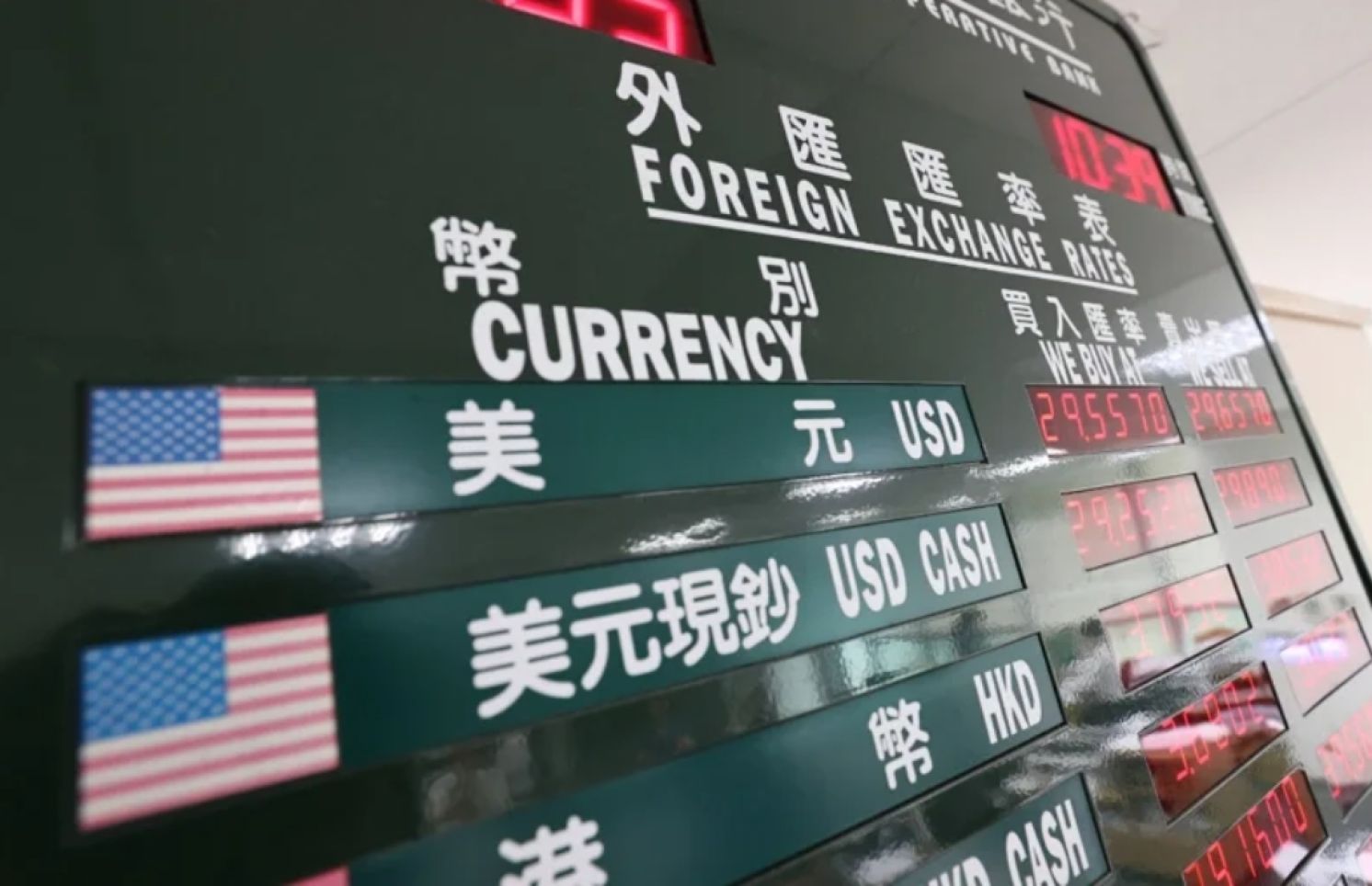
Offsetting Tariffs with Exchange Rates Suffocates Business Survival
The government delegation led by Vice Premier Cheng Li-chiun and Minister without Portfolio and Trade Representative Yang Jen-ni concluded its first round of in-person trade talks with the United States in Washington on May 1, which focused on reciprocal tariffs and various economic issues. Coincidentally, immediately after the government announced the start of negotiations, the New Taiwan Dollar (NTD) posted its largest single-day appreciation against the U.S. dollar on May 2 since central bank records began. By May 5, the surge continued, with the NTD soaring 1.872 points (6.21 percent) in just two trading days—an epic rise akin to a runaway train. This raises serious suspicion: Is the government’s so-called unspoken bargaining chip essentially offering NTD appreciation in exchange for the United States lowering reciprocal tariffs?
Details- 1
- 2
- 3
- 4
- 5
- 6
- 7
- 8
- 9
- 10
- 11
- 12
- 13
- 14
- 15
- 16
- 17
- 18
- 19
- 20
- 21
- 22
- 23
- 24
- 25
- 26
- 27
- 28
- 29
- 30
- 31
- 32
- 33
- 34
- 35
- 36
- 37
- 38
- 39
- 40
- 41
- 42
- 43
- 44
- 45
- 46
- 47
- 48
- 49
- 50
- 51
- 52
- 53
- 54
- 55
- 56
- 57
- 58
- 59
- 60
- 61
- 62
- 63
- 64
- 65
- 66
- 67
- 68
- 69
- 70
- 71
- 72
- 73
- 74
- 75
- 76
- 77
- 78
- 79
- 80
- 81
- 82
- 83
- 84
- 85
- 86
- 87
- 88
- 89
- 90
- 91
- 92
- 93
- 94
- 95
- 96
- 97
- 98
- 99
- 100
- 101
- 102
- 103
- 104
- 105
- 106
- 107
- 108
- 109
- 110
- 111
- 112
- 113
- 114
- 115